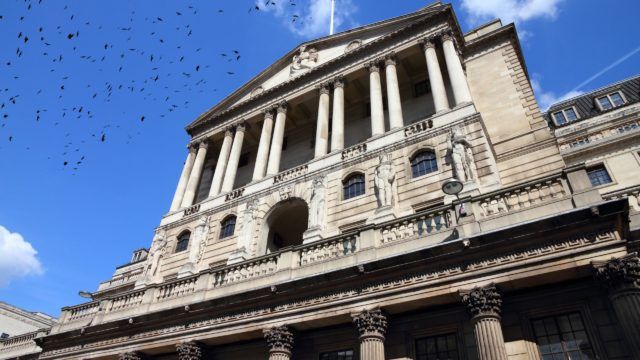With the Bank of England cutting UK interest rates last month for the first time since 2009 to just 0.25%, it looks more likely than ever that Britain could experience negative interest rates. The idea of negative interest rates has moved from theory to reality following the 2008 financial crisis, with several central banks in Europe introducing rates below zero since 2014, with Japan following suit earlier this year.
In simple terms, a negative interest rate means that those keeping money in a bank account are paying for the privilege of doing so, whilst borrowers are being paid to take out loans. The idea is that setting interest in this way will stimulate the economy, encouraging people to spend and incentivising banks to lend money more freely.
The governor of the Bank of England, Mark Carney, has indicated that, should the UK economy worsen, rates could go even lower than the 0.25% record low they are currently at. Is he hinting at a negative interest rate? Only time will tell. But with the economy potentially taking a further hit following the vote for Brexit in the EU referendum, being prepared for the potential of negative interest rates is a good idea.
The worry of many before negative interest rates became a reality was that it would lead to people withdrawing their money from the banks to avoid paying interest, but this has not proven to be the case in countries such as Sweden, where negative rates were first introduced. Those who don’t want to pay for their bank account can of course opt for hard cash, but most will almost certainly choose the convenience and security of keeping their money in a bank even if they begrudge paying to do so.
A negative interest rate would also have an impact on savings accounts such as ISAs. Whilst savers wouldn’t be paying money to the bank in the same way as with a bank account, the interest they would be earning would of course shrink in line with the negative rate, resulting in a smaller return on their investment.
For those looking to buy a house, however, a negative interest rate would likely be a positive. With the recent cut to 0.25%, an average priced property of £211,000 sees a reduction of £22 a month for a variable repayment mortgage over 25 years. Lowering the interest rate further would result in even greater payment reductions. Fixed rate mortgages would not be directly affected, but the new deals on offer from banks and building societies would likely become even more competitively priced.

Comments on Negative interest rates and how they might affect your finances
There are 0 comments on Negative interest rates and how they might affect your finances